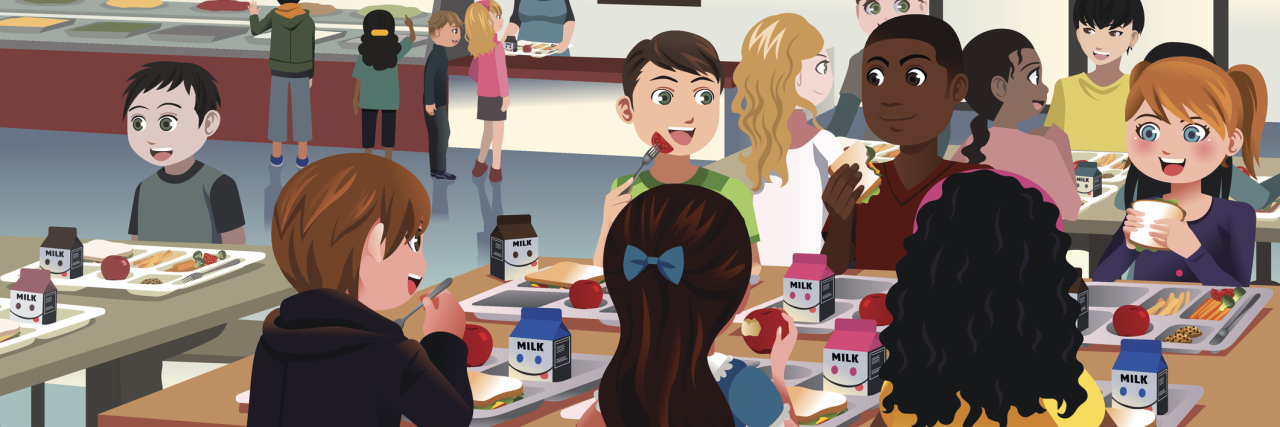As the start of school is just around the corner for most of us, we all have choices to make on how we are going to approach our children’s needs at school. My son has celiac disease, and through long hard experience, I’ve realized the most valuable tool is education.
When he was quite young, he started coming home from school day after day with an uneaten lunch. Finally he told me the reason he wasn’t eating his lunch was because his friend was dangling his gluten laden sandwich over his food and potentially dropping crumbs everywhere. I asked him if he had asked the lunch aide to help, and she told him the solution was for him to move to an alternate table. I remember being in serious mama bear mode. How dare that lunch aide ask my child to move when he was being bullied by the other child.
I called the school the next morning wanting immediate resolution. They called both my son and his friend to the office and talked to them about the situation. Fortunately, there were no more issues after that and I let it go, but I was wary of this friend and for months didn’t want my son interacting with him. Then he got an invitation to his birthday party — and he wanted to go. I called his friend’s mom, who I had never spoken to before, and she told me how much her son cared about mine. That now, every time in the grocery store he would see something labeled gluten free and say, “D can have that!” Something I didn’t expect had happened. When they found out about the bullying, these parents decided to educate their son about my child’s medical condition. He started defending my son at school when others would tease him about having to eat gluten free. He started bringing safe prepackaged snacks in his lunch so he could do safe trades with my son. It has been several years and they are now very close friends.
This taught me something valuable — educating is more powerful than anger. Educating others and educating my son on how to deal with difficult situations is more important in the long run than a knee jerk reaction. It is so hard not to get frustrated when a teacher makes a mistake or there are what feels like 10 birthday treats in a week that my son can’t have. But my action plan has changed. Before, I briefly talked to the teachers about what celiac was and that my son needed to eat gluten free. Now, I sit down with them and with the school nurse and outline our ideal school environment — and why it is important to the emotional well being of everyone.
I have found without exception so far that his teachers are very supportive, especially when they realize that if mistakes are made, I’m not going to immediately jump down everyone’s throats. When mistakes do happen or when parents decide to bring in all those cupcakes anyway, we try to approach those as learning opportunities for my son, instead of getting frustrated at the teacher or parent. He is going to have to learn how to navigate a world where his food needs are very much in the minority. He is going to have to learn to be emotionally resilient and learn how to deal with situations where he feels left out or not included because of a food based activity that he can’t participate in. He now has a strong group of friends that understand his needs and support him when he feels upset. He is becoming a better communicator as he explains his situation to teachers, class aides and parents. He has had the rewarding experience of being listened to and seeing the compassion of others when they bring in specific gluten free treats for him or plan completely gluten free class parties.
Standing up and being a positive voice for the community of celiac children and teaching our celiac children to do the same is ultimately how we will see attitudes about special diets eventually change. It allows people to calmly take in our unique situation and gives them the opportunity to make decisions that ultimately benefit our children.
Getty image by artisticco

